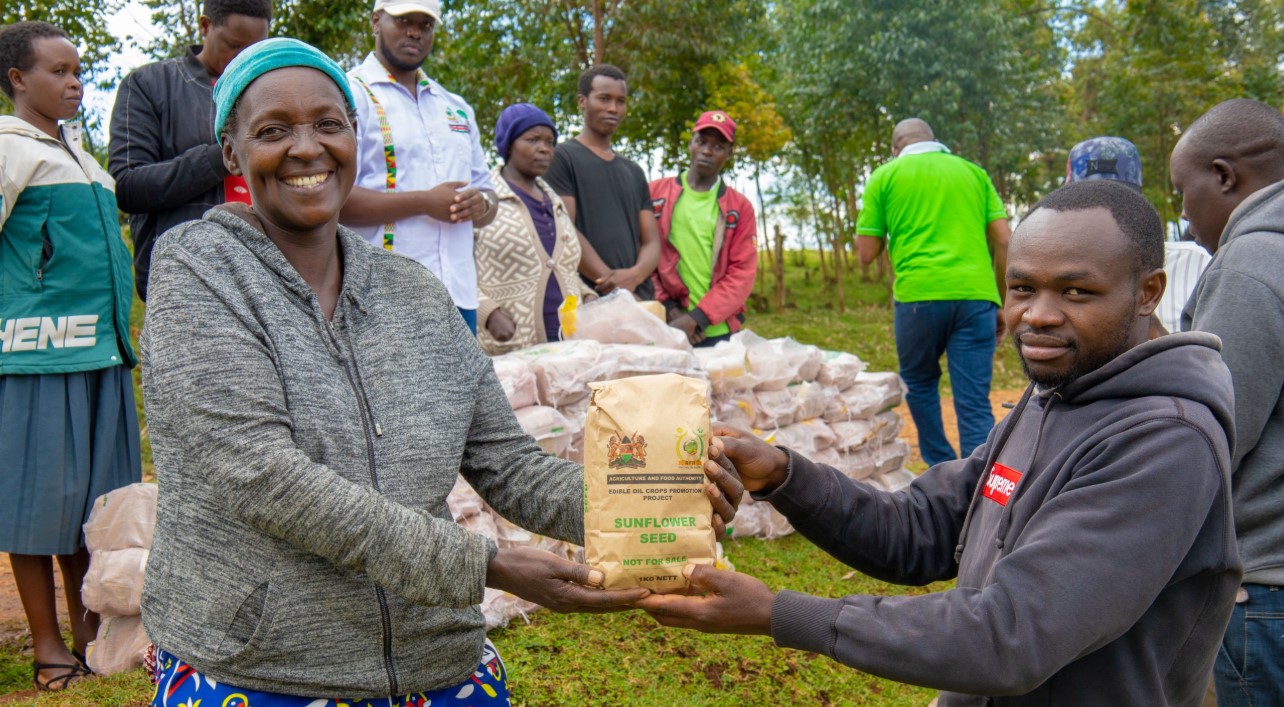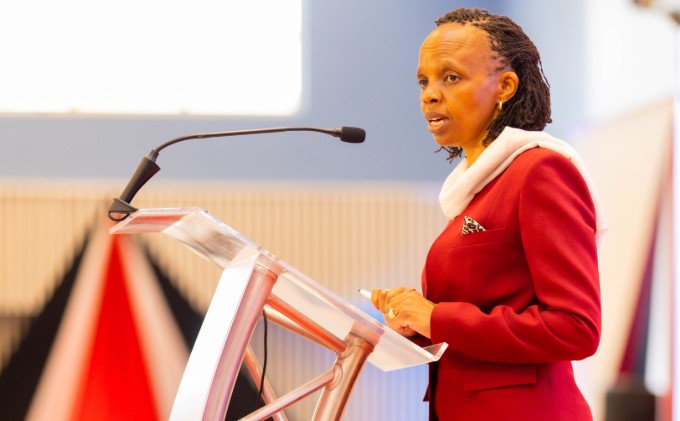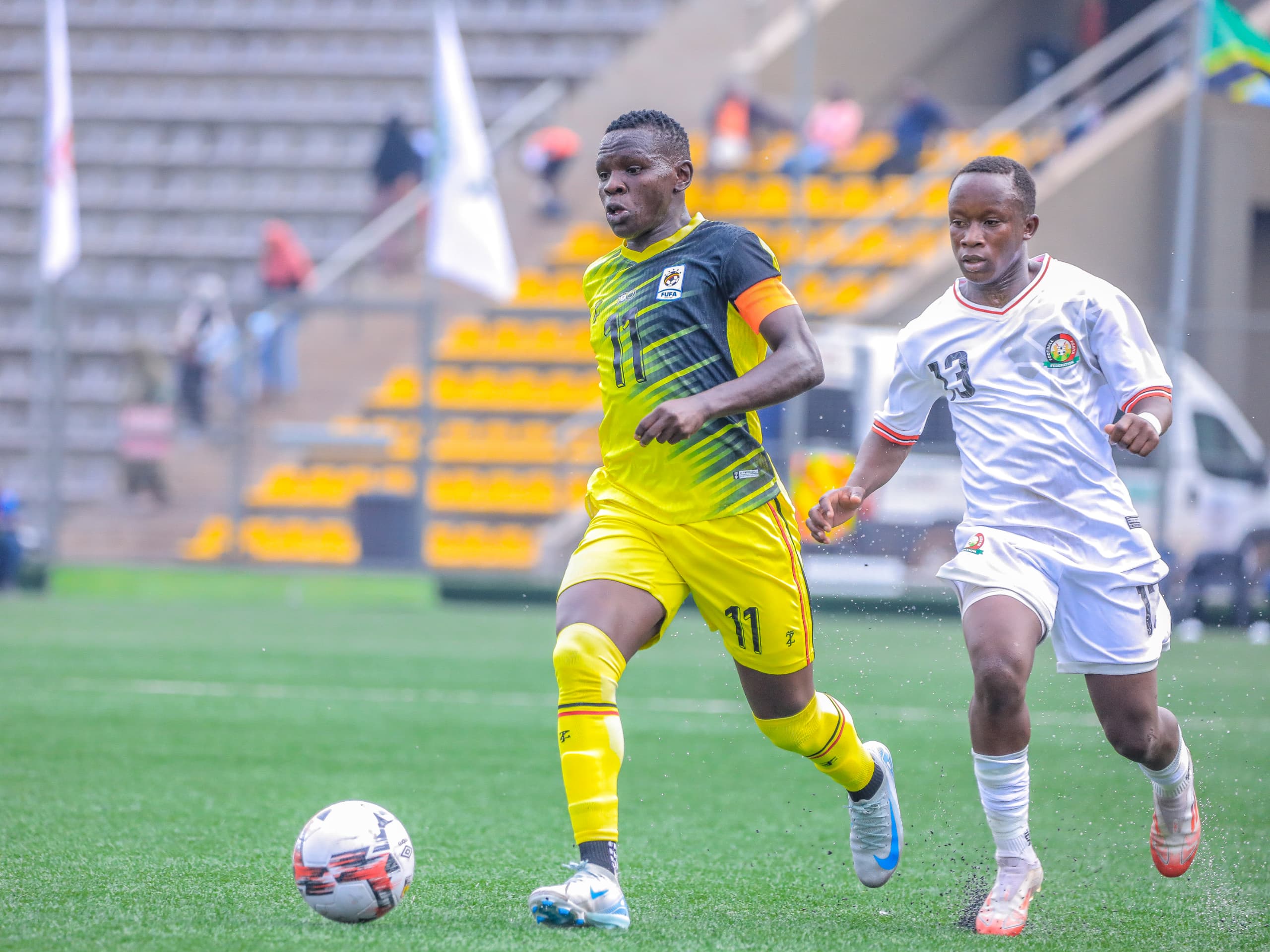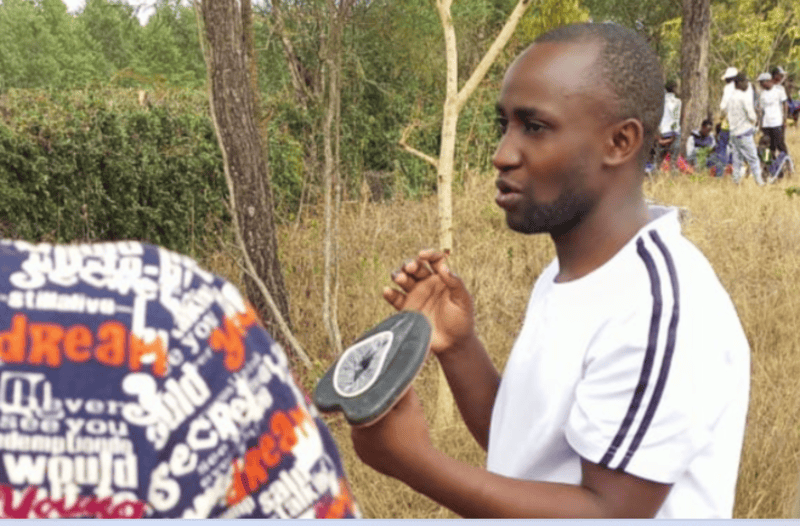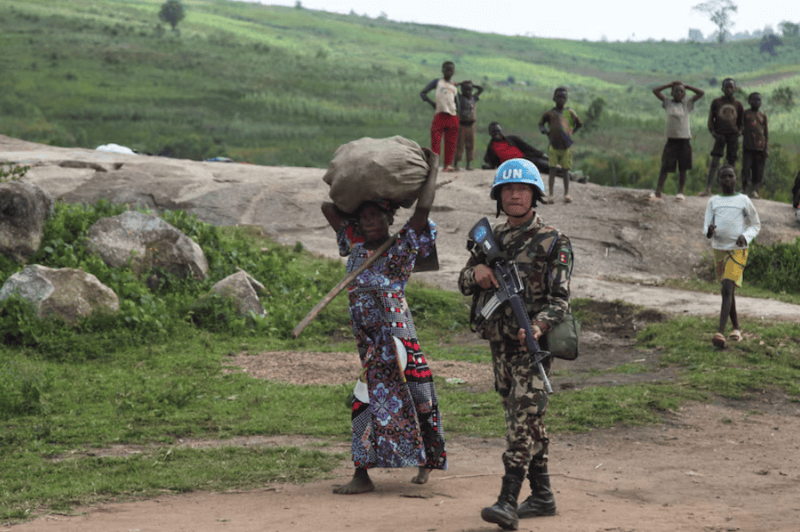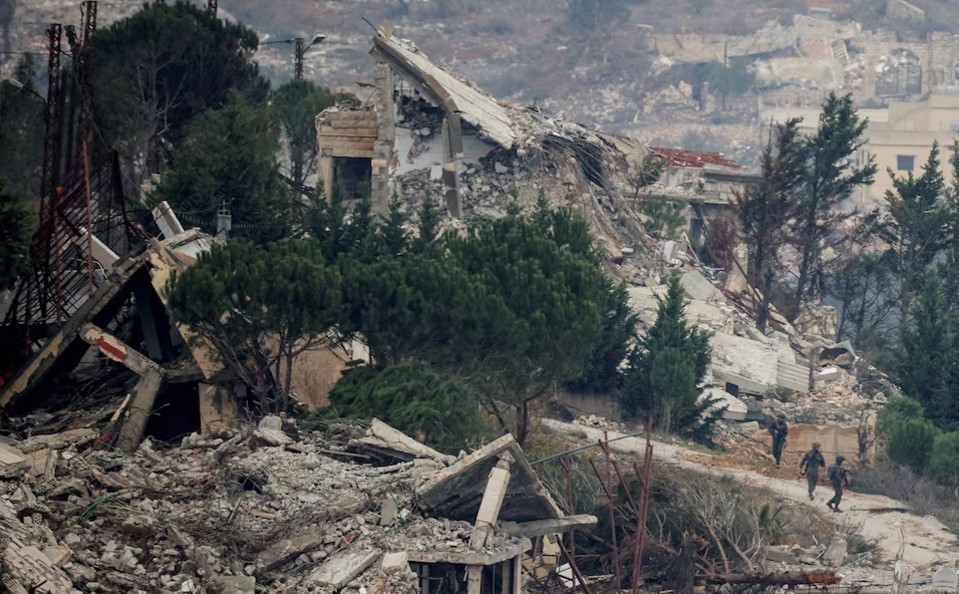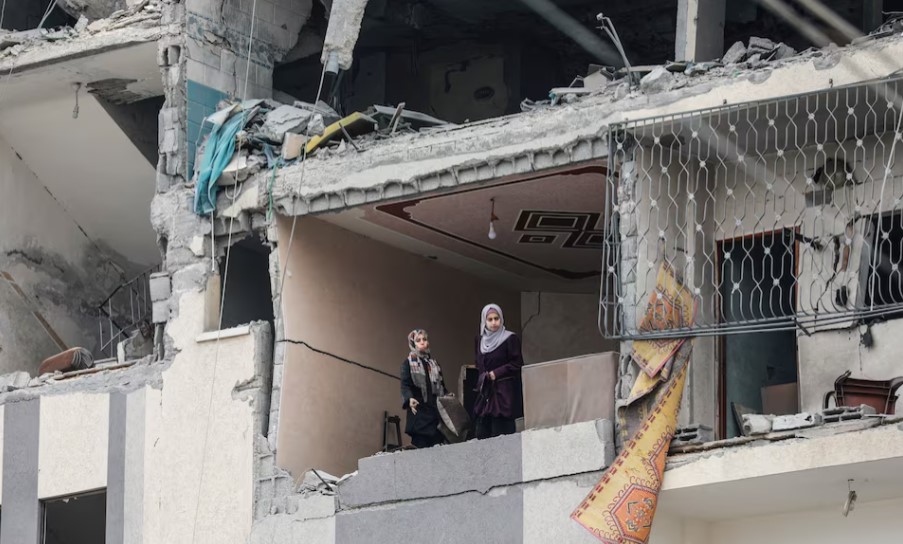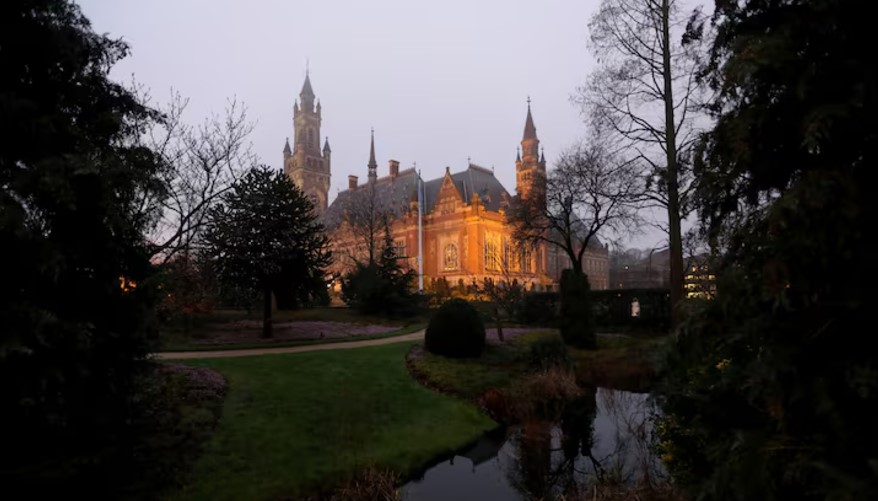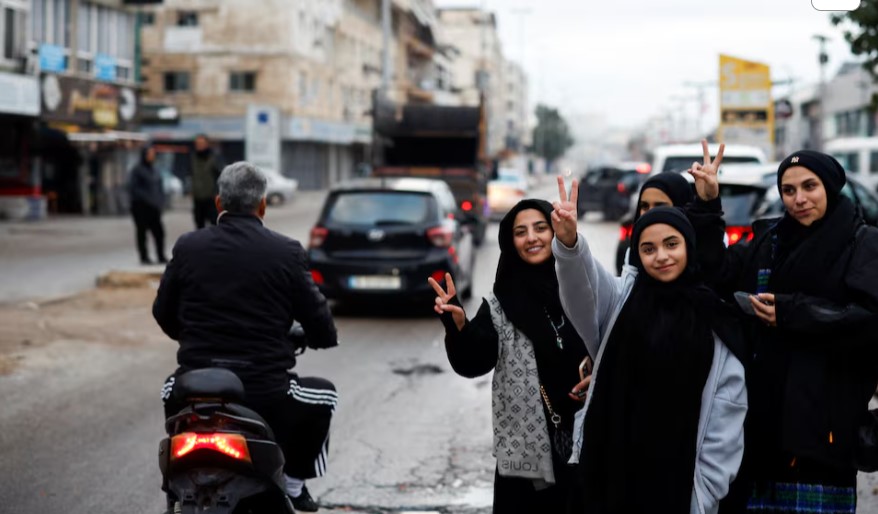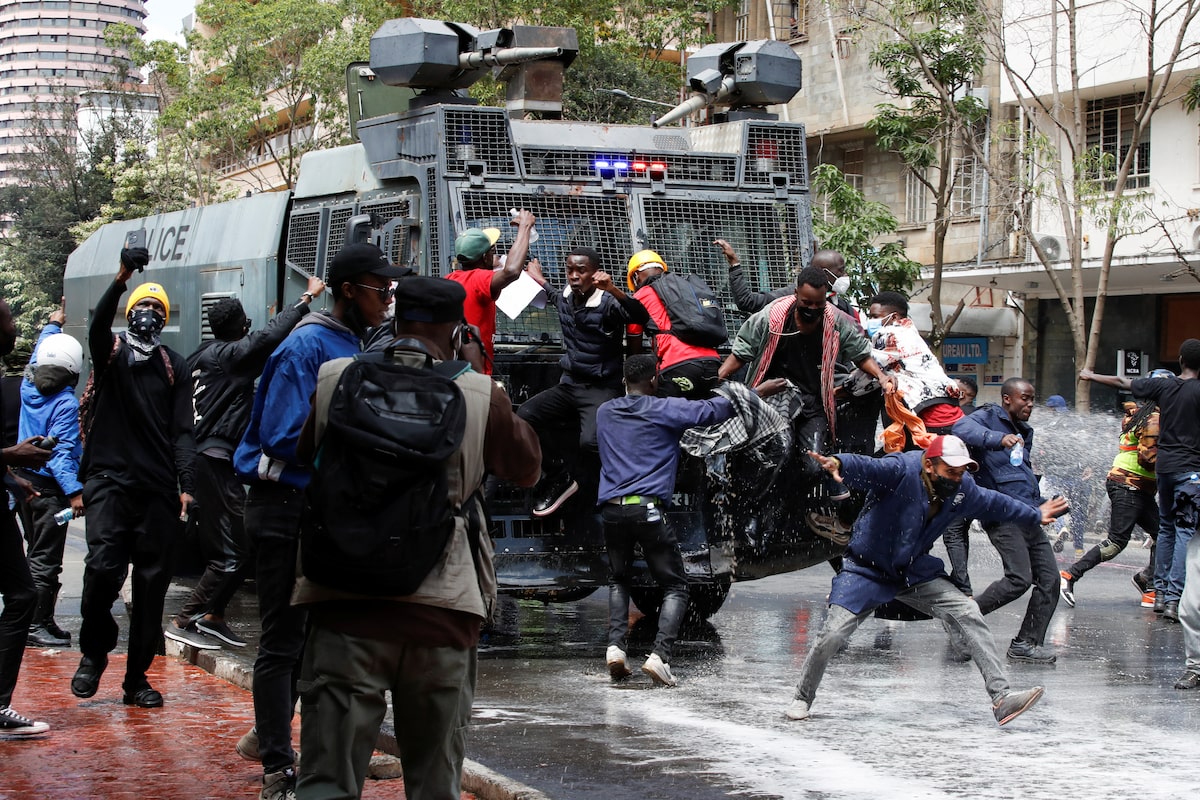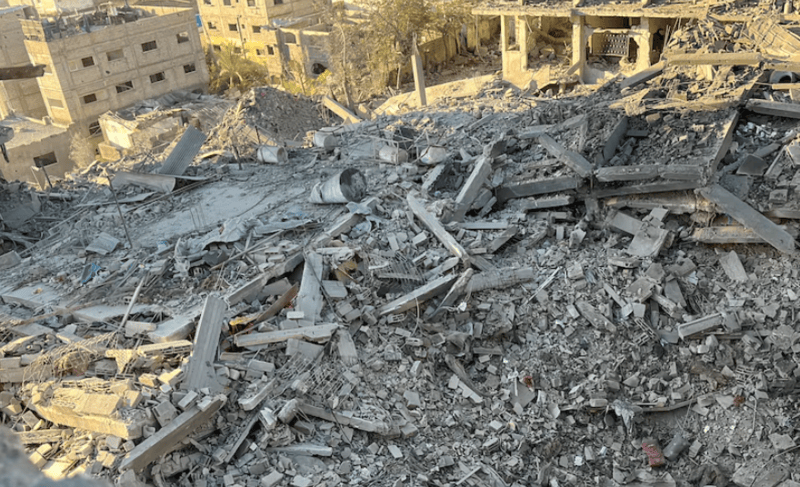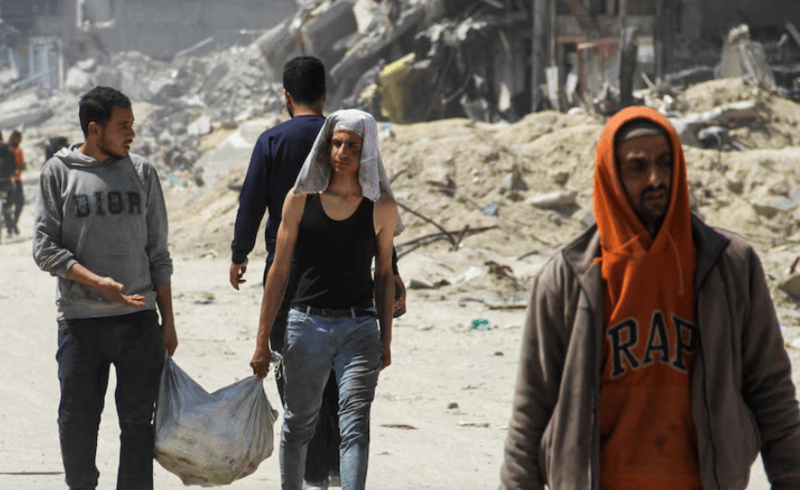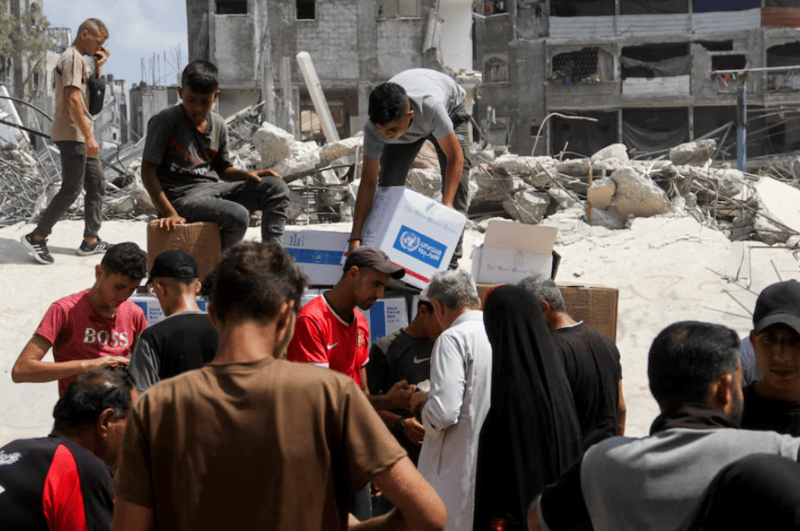UN top court to hear genocide case filed by South Africa against Israel next week
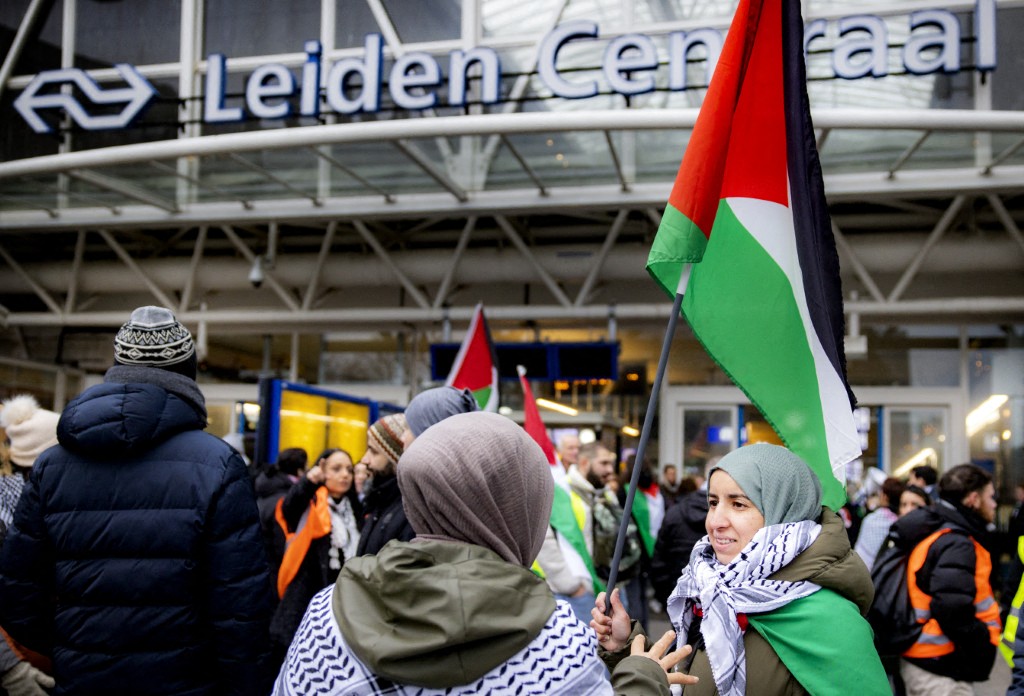
By Agency |
The ICJ will hold public hearings at the Peace Palace in The Hague in proceedings instituted by South Africa against Israel.
The UN's top court will hear submissions next week from South Africa and Israel after Pretoria opened a case for what it called Israel's "genocidal" acts in Gaza.
South Africa wants the International Court of Justice to urgently order Israel to suspend its military operations in Gaza, a case which Israel rejected "with disgust."
Keep reading
- Pope Francis calls Gaza airstrikes 'cruelty' after Israeli minister's criticism
- Universities must teach students what freedom is – a South African course is trying to do just that
- With world distracted by conflicts elsewhere, Syrian civil war flares up again
- The nightmare in Gaza must stop, urges UN deputy chief
The ICJ "will hold public hearings at the Peace Palace in The Hague... in proceedings instituted by South Africa against Israel," the court said in a statement on January 11 and 12.
The South African application, filed last Friday, related to alleged violations by Israel of its obligations under the Genocide Convention, saying that "Israel has engaged in, is engaging in and risks further engaging in genocidal acts against the Palestinian people in Gaza."
"Blood libel"
Israel rejected the charge, with Israeli foreign ministry spokesman Lior Haiat writing on X, formerly Twitter: "Israel rejects with disgust the blood libel spread by South Africa and its application" to the ICJ.
Prime Minister Benjamin Netanyahu added Israel displayed "unparalleled morality" in the Gaza war as he too dismissed South Africa's charge.
South Africa, amongst other urgent measures, is asking the court to order that "Israel shall immediately suspend its military operations in and against Gaza" and that both countries "take all reasonable measures within their power to prevent genocide."
South Africa will present its arguments on Thursday of next week, while Israel is set to counter on Friday.
A ruling by the ICJ on the request for emergency measures is expected to follow within weeks, but the case proper could still take months or even years.
Set up after World War II, the ICJ is the UN's highest legal body and rules in disputes between countries.
Decisions are legally binding, but the court has little power to enforce them.
Story by AFP
Reader comments
Follow Us and Stay Connected!
We'd love for you to join our community and stay updated with our latest stories and updates. Follow us on our social media channels and be part of the conversation!
Let's stay connected and keep the dialogue going!

